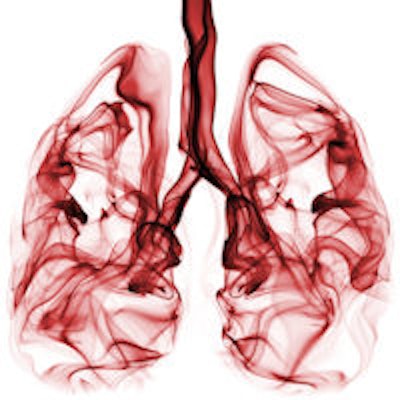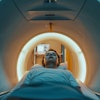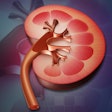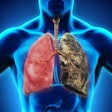
A CT lung cancer screening program that included cardiothoracic surgeons and standardized reporting demonstrated a low rate of surgeries for patients without lung cancer, according to a paper from Massachusetts researchers published in the October Annals of Thoracic Surgery.
Aiming to determine if follow-up from lung cancer screening increased the rate of unnecessary surgeries, the group from Lahey Hospital and Medical Center reviewed surgical outcomes for nearly 2,000 patients who underwent CT lung cancer screening between 2012 and 2014.
"Surgical intervention for a nonlung cancer diagnosis was rare -- five out of 1,654 patients or 0.30%," said lead author Bryan Walker in a statement. "That incidence is comparable to the 0.62% rate found in the National Lung Screening Trial that helped secure screening coverage in the U.S."
Lung-RADS classification
The researchers used the Lung-RADS system to evaluate the 1,654 patients. If the screening results were deemed highly suspicious, a multidisciplinary team recommended whether the patient should undergo follow-up with low-dose CT, more diagnostic testing, or surgical intervention.
Ultimately, 25 (1.5%) of the 1,654 patients underwent surgery. Twenty received a lung cancer diagnosis, and 18 (90%) were found to have early-stage disease with a high probability of being cured. There was one major surgical complication at 30 days (Ann Thorac Surg, October 2015, Vol. 100:4, pp. 1218-1223).
Among the 25 patients who had surgery, only five had a nonlung cancer diagnosis, for a surgical incidence of 0.30% (5/1,654). The nonlung cancer diagnoses were two hamartomas, two necrotizing granulomas, and one breast cancer metastasis. The incidence of surgery for benign disease was 0.24% (4/1,654).
"Lung cancer screening saves lives, and our study serves as a model for how to set up a screening program that is safe and effective for patients," said corresponding author Dr. Christina Williamson in a statement. "A screening program should use a standardized reporting system and have input from board-certified cardiothoracic surgeons as part of a multidisciplinary team evaluating CT scan findings."
The full benefit of lung cancer screening can only be realized by minimizing the number of operations for benign disease and maintaining low morbidity and mortality for surgical intervention, she added.




















